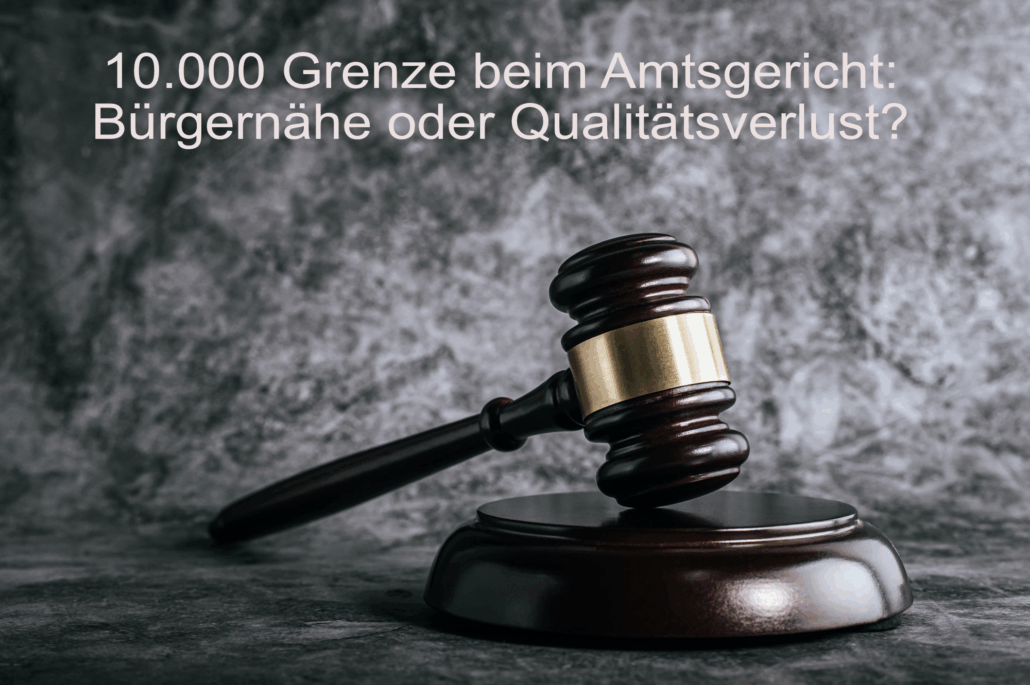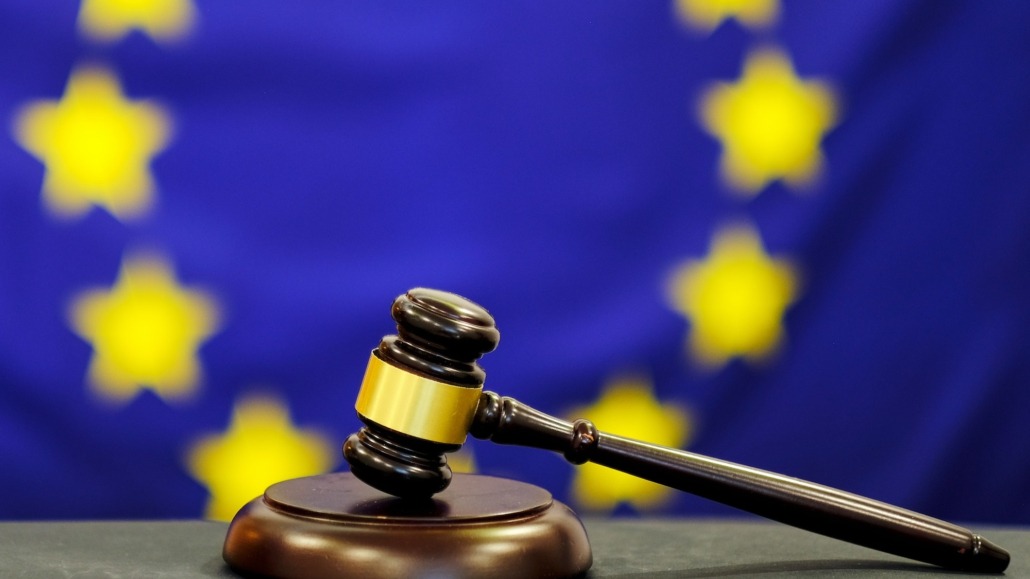LEGAL+ NEWS
Advertising must be clearly and unmistakably recognizable as advertising. Of course, this also applies undiminished to influencer advertising on social media.
The above also means that advertising content must be appropriately labeled if its advertising character is not already clear from the external circumstances. So far, so good.
However, the question of how any necessary labeling meets the legal requirements is highly controversial and the subject of numerous recent court decisions. This applies in particular to so-called influencer advertising in social media. Here, it is particularly controversial whether the labeling of advertising with Anglicisms in social media is sufficiently suitable to provide information about advertising content.

Labeling requirements controversial
As mentioned at the beginning, case law requires that the labeling must clearly and unambiguously explain the advertising character. But what is “clear and unambiguous”?
The majority of case law is still of the opinion that advertising is only sufficiently clearly recognizable as such with the words “advertising” or “advertisement”. Frequently used terms such as “Sponsored (by)”, “Sponsored Content” or “Ad” are (still) rejected by the majority of courts as obscuring.
Scale of assessment: understanding of the primary target public
In the author’s opinion, this does not reflect the reality of life, at least in the area of new or social media:
Case law still agrees in this respect that the understanding of the target audience is decisive. For example, when it comes to assessing an Instagram post on the topic of lifestyle, it only depends on how the people who usually consume such content understand the label in question.
If this essentially undisputed standard is applied, there can be no serious doubt that labels such as “Sponsored (by)”, “Sponsored Content” or “Ad” are understood.
Unrealistic view of many courts
The reasons given by the courts, which still want to see things differently, seem downright comical. One example is a ruling by the Hamburg Regional Court from 21.12.2018 (case no. 315 O 257/17), which dealt with the labeling of “sponsored content”:
“The term translates as “supported content” and does not make it sufficiently clear that this editorial contribution is a commercial advertisement. In everyday language, the term “sponsor” is more commonly associated with a The term is associated with unselfish support for a project. The term is familiar from the world of sport; a jersey sponsor is someone who supports a sports project or a team and receives an advertising opportunity in return, for example on a team’s jersey. As a rule, the supportive element predominates; the sponsor hopes that his payment will contribute to the good image of the supported team.”
Today’s young generation, which has grown up with the internet and influencers (the so-called “always-on generation”), is familiar with terms such as “sponsored” from their everyday (internet) lives, certainly not from sport and in the context of supporting a project.
Based on this solely relevant target group, it is simply absurd that the label “Sponsored (Content)” or “Ad” is not sufficiently comprehensible.
The first higher court rulings with reference to the reality of life
A recent ruling by the Higher Regional Court of Celle from June 8, 2017 (Ref. 13 U 53/17) is therefore encouraging. The OLG Celle stated:
“The Senate leaves open whether the use of the hashtag “#ad” recommended by the Working Group of the State Media Authorities, among others, is generally suitable for identifying a post on Instagram or similar social media as advertising. The result of the opinion poll submitted by the plaintiff in the injunction as Annex BB 1 could raise doubts as to whether the hashtag “#ad” is sufficiently well-known to be understood as a clear reference to advertising from the perspective of an average consumer. However, the Senate does not fail to recognize that the opinion survey does not reveal which part of the respondents use Instagram or similar social media at all; those persons who, according to the plaintiff in the injunction, are primarily the target group of the advertising at issue, children and those aged 13 and over, were not taken into account in the survey.”
The OLG Celle has thus correctly worked out that
- only the target group concerned is relevant for the assessment of understanding, and
- the label “Ad” may very well be suitable for advertising labeling depending on the target group concerned.
Misrepresentation as a further prerequisite for an infringement of competition law
Misleading is another mandatory requirement for an infringement of competition law due to non-disclosure of advertising. This is because the “non-disclosure” of an advertisement must be capable of “inducing the consumer to take a transactional decision that he would not have taken otherwise” (cf. Section 5a (6) UWG). Mere non-disclosure or allegedly inappropriate disclosure is therefore not sufficient for anti-competitive action. If one considers the extremely enlightened target group (“always-on” generation) in this regard, it also seems absurd from this point of view that advertising content from influencers on social networks marked with “Sponosred” or “Ad” could be anti-competitive. In most cases, this is even likely to be the case if there is no labeling at all, because the relevant target group is very familiar with the influencer business and any purchasing decisions are certainly not influenced by whether individual posts by an influencer are labeled as advertising or not.

LATEST ARTICLES

Up to €10,000 before the local court: why it goes wrong
Up to €10,000 in the local court – a mistake with an announcement. The planned reform of the amount in dispute will shift masses of proceedings from the regional courts to the local courts. Sounds like a relief – but will have the opposite effect.

Contract law: Stuttgart 21 and the speech clause – a lesson in clear contract drafting
Sometimes a single sentence decides billions. This is exactly what happened with the Stuttgart 21 project. At the center of the legal dispute was a short contractual provision – the so-called “speech clause”.

Breach of an international jurisdiction agreement can result in liability for damages! – On the ruling of the BGH from 17.10.2019 (Ref. III ZR 42/19)
International agreements on jurisdiction, especially if they are to have exclusive validity, generally have the purpose of protecting the party benefiting from the agreement from the often very considerable costs of a legal dispute in a foreign country.
Unfortunately, however, it is not uncommon for the other contracting party to suddenly no longer want to know about the jurisdiction agreement in the event of a dispute. The background to such a dishonest approach is – obviously – not least the potential for blackmail associated with such an approach. This is because the party that finds itself – in breach of the jurisdiction agreement – exposed to a foreign lawsuit is regularly forced to take action abroad through lawyers in order to avoid legal disadvantages. This in turn is often very expensive, with the USA being the most prominent example.
CONTACT

+49 (40) 57199 74 80
+49 (170) 1203 74 0
Neuer Wall 61 D-20354 Hamburg
kontakt@legal-plus.eu
Benefit from my active network!
I look forward to our networking.
This post is also available in: DE

